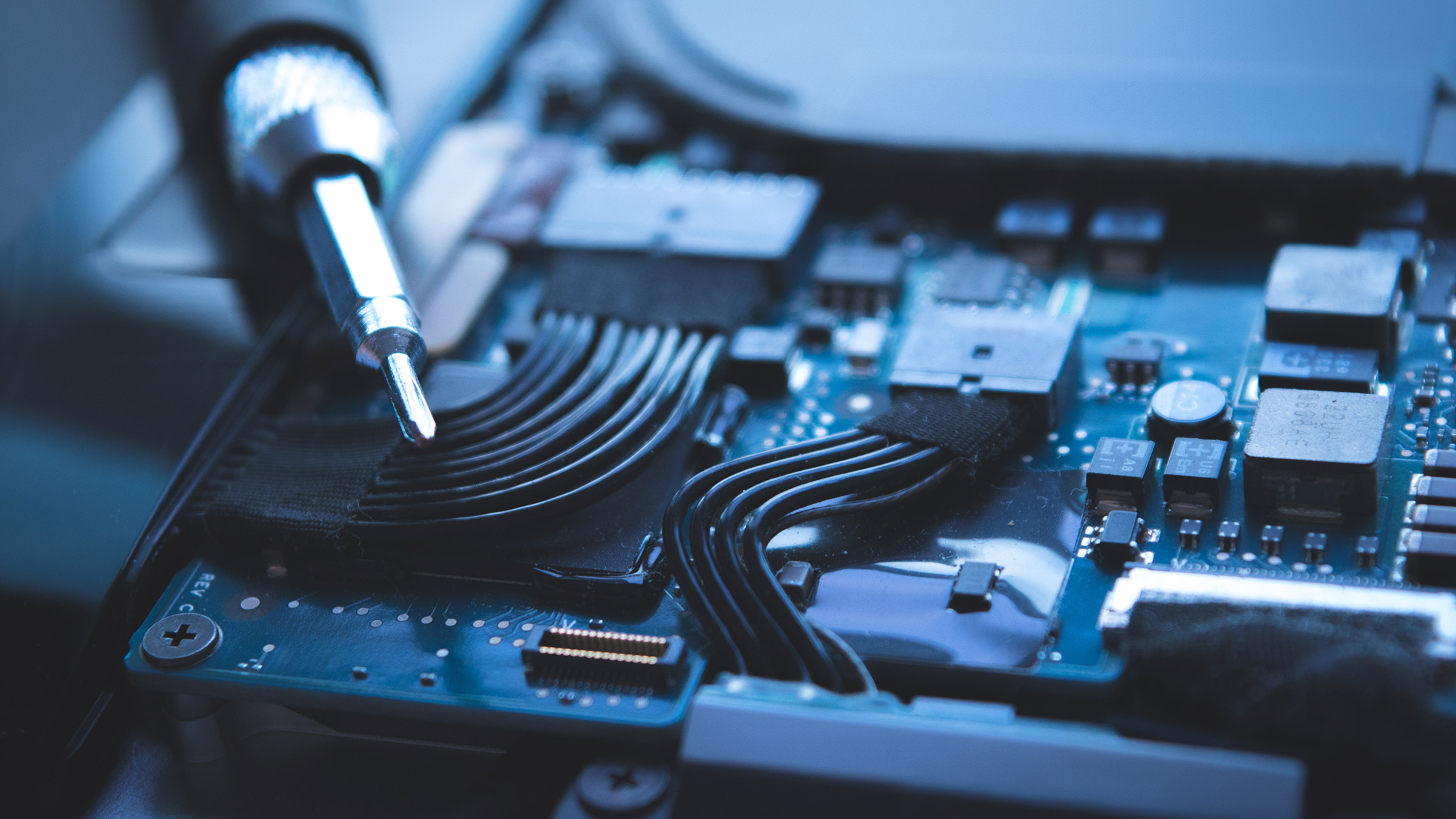Hugo Morais participates in the conference and exhibition "Driving Energy Transition in EU: the Role of Electric Mobility"

On January 15th, several lectures were held on electric mobility and energy transition, sharing various perspectives on the international landscape. The event, organized by the coordination team of EV4EU at INESC-ID, featured the participation of Hugo Morais, professor at the Department of Electrical and Computer Engineering (DEEC) and project coordinator, and brought together experts and stakeholders in the field. There were also several stands with presentations on the topic, where DEEC participated with the collaboration of students from electrical and computer engineering and aerospace engineering programs, from different academic levels.
The conference started with the opening session, attended by Hugo Morais, Inês Lynce (President of the Board of Directors at INESC-ID), and Rogério Colaço (President of Técnico). Hugo Morais emphasized the role of European policies concerning the energy transition, and then moderated the session Exploring the European Electric Mobility Landscape, which focused on V2X technologies. The researcher and EV4EU coordinator highlighted the importance of city planning and investor involvement in the energy transition. He also stressed the need to study solutions related to electric vehicle flexibility services, usage conditions, and external factors linked to battery degradation used for grid services.
Charging Forward with Technology
The second session featured DEEC alumni Tiago Lourenço (moderator and current R&D Networks manager at EDP NEW) and Rui Gonçalves (Director of Strategy and Regulation at E-REDES). Duarte Dias (from withUS) and Jorge Martins (from REN) were also present. Tiago Lourenço highlighted the Speed-E solution, aimed at fast-charging vehicles and enabling the electrification of heavy-duty vehicles. He also mentioned the importance of developing intelligent and controllable devices to optimize the charging process in a predictable way. Finally, he emphasized that emerging technologies are shaping business models in this area and reflected on the role of dynamic solutions with local flexibility.
Tackling V2X Challenges and Opportunities
In the afternoon, the session Tackling V2X Challenges and Opportunities provided an in-depth look at V2X technologies. It featured insights from Hugo Morais, within the EV4EU project, along with other speakers.
Regulatory Framework for Electric Mobility
The final session was moderated by António Vidigal (Energy and ITC Advisor/Speaker) and included the participation of Jorge Esteves (from ERSE - Energy Services Regulatory Authority) – both alumni of Electrical and Computer Engineering. Filipe Pinto (from DGEG - Directorate-General for Energy and Geology), Débora Melo Fernandes (from Pérez-Llorca), and Alexandre Videira (from MOBI.E) were also present. In this session, António Vidigal highlighted regulation as a positive factor and spoke about the Alternative Fuels Infrastructure Regulation (AFIR), created by the European Parliament. He also pointed out the need to reinvent electrical systems and stated that Portugal is in a favorable position to become a "Living Lab" for electric mobility, drawing inspiration from the United Kingdom's "batteries on wheels" concept.
The event concluded with a speech by Miguel Pupo Correia, President of INESC-ID, and a thank-you message from Hugo Morais to the participants, emphasizing the importance of such initiatives to achieve a sustainable future.
Original full article and photo gallery: EV4EU
Cover image: EV4EU
